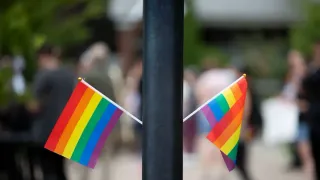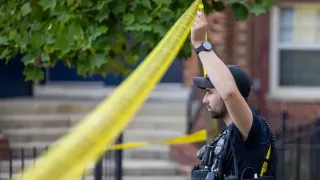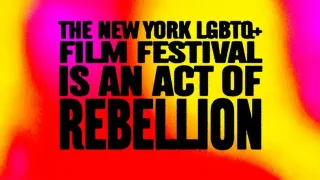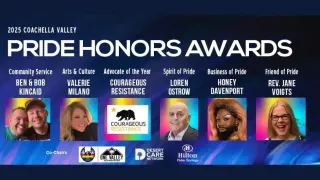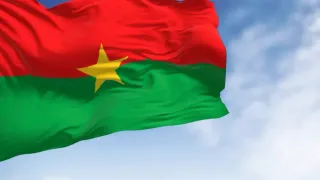
Aug 24
Nashville Pride Faces Uncertain Future After Loss of Corporate Sponsors
READ TIME: 3 MIN.
Nashville Pride, long recognized as Tennessee’s largest and most visible celebration of LGBTQ+ culture, is facing an unprecedented financial emergency after a dramatic drop in corporate sponsorships threatened the future of its annual festival and parade. Organizers announced Wednesday that unless $250,000 is raised by October 11—National Coming Out Day—the event may be forced to shutter, jeopardizing a cornerstone gathering for tens of thousands of LGBTQ+ people and their allies across the region .
The nonprofit behind the festival, which has historically relied on strong community and corporate support, said the loss of sponsors represents a 40% decrease in funding from last year, amounting to a $270,000 shortfall .
The financial blow stems from the unexpected withdrawal of nearly 40% of long-time sponsors, many of whom pulled out just days before the festival. Among the most impactful departures was Vanderbilt University Medical Center, which had previously provided critical volunteer medical support. When the hospital canceled only a month before the event, Nashville Pride was forced to hire outside contractors at a cost of $30,000, straining already tight resources .
The festival’s expansion from two to three days this year was hampered by rainy weather and lower-than-expected attendance, which further eroded revenue and compounded the crisis .
Nashville Pride’s struggle is not isolated. Pride festivals across the United States have experienced similar challenges as corporations reassess their support for LGBTQ+ events in a climate marked by political opposition to diversity, equity, and inclusion initiatives. Organizers point to increasing anti-LGBTQ+ rhetoric and legislative attacks as factors fueling the retreat of traditional partners .
Brady Ruffin, Secretary of Nashville Pride’s Board of Directors, told Gayety that the current wave of anti-LGBTQ+ sentiment appears more entrenched than previous years, affecting not just policy but also corporate funding. “It’s not only attacks on the legislative level, but it’s attacks on corporate funding as well,” Ruffin said .
In response, Nashville Pride has launched an emergency fundraising campaign, urging local businesses, individuals, and allies to contribute in order to “save Nashville Pride.” The organization stressed that the festival is more than a weekend celebration—it is a safe space for the community and a platform for year-round advocacy, education, and support .
Festival organizers have been transparent about the urgency of the situation, stating, “We don't need corporations to define Pride — but their funding makes the festival possible. The sudden withdrawal of longtime sponsors has left a massive gap to fill” .
Nashville Pride’s presenting partner, Nashville CARES, and a handful of remaining sponsors continue to support the festival, but without broader financial backing, the future remains uncertain .
The potential cancellation of Nashville Pride would not only mean the loss of a beloved cultural event but also a critical venue for visibility, acceptance, and advocacy for LGBTQ+ people across the South. As community leaders rally support, the situation underscores ongoing challenges in maintaining inclusive spaces in a shifting social and political landscape.
Advocates emphasize that Pride is not defined by corporate sponsorship, but note that such financial support is essential to sustaining large-scale events that serve as both celebration and sanctuary. The outcome of Nashville Pride’s emergency appeal will likely have ripple effects for similar festivals nationwide, highlighting the importance of community solidarity and sustained engagement in the face of adversity .
